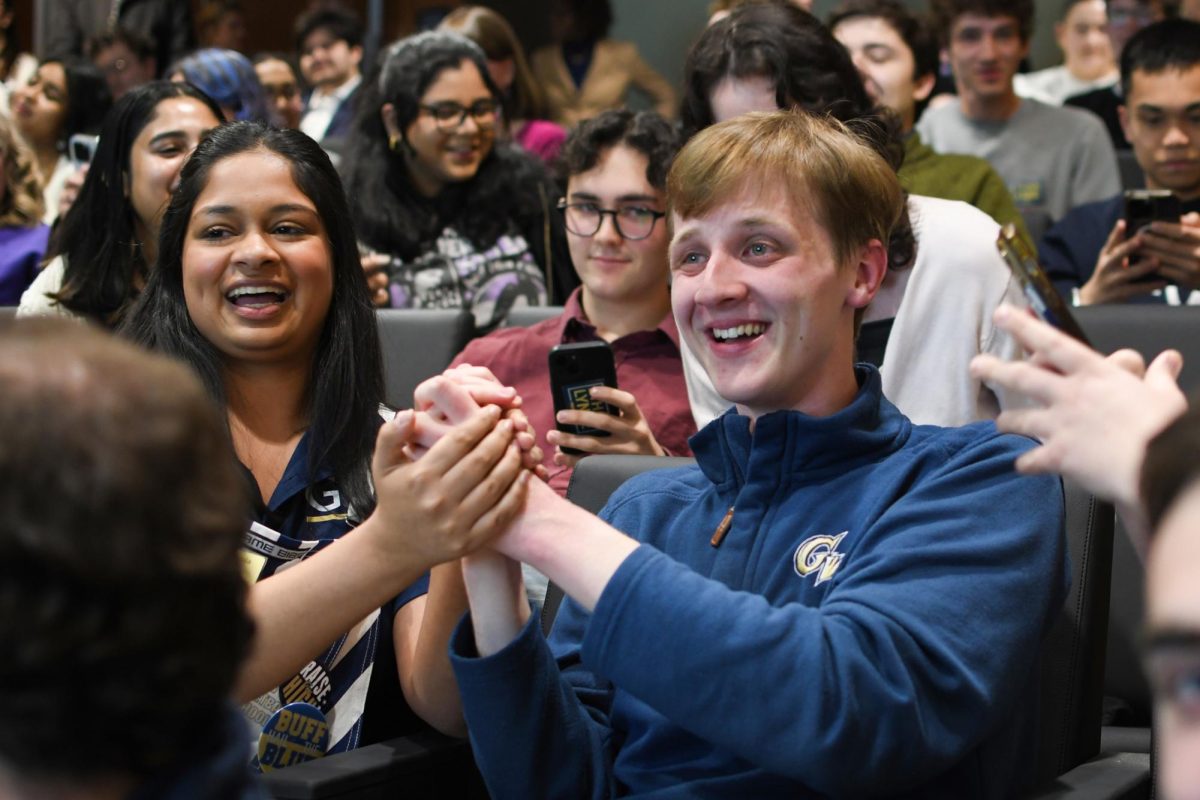Tucked away on the seventh floor of Gelman Library are 8 million pages of government secrets.
This month the National Security Archive released four volumes of previously top-secret CIA papers documenting the 1961 Bay of Pigs invasion. These records are part of the collection that contains thousands of once top-secret government documents that reveal humanitarian interventions, government secrecy, nuclear policy and terrorism history.
Papers declassified this summer disclosed a friendly fire incident in Cuba in 1961 and United States efforts to spy on China in 2005.
Records in the collection revealed the controversial inner workings of U.S. foreign policy, including American officials’ support of the division of East and West Berlin and State Department discussions of genocide in Darfur.
The archives obtained many of these documents using the Freedom of Information Act, as well as presidential paper collections, congressional records and court testimony.
Professor Chris Tudda, an adjunct in the history department, often directed his students to the archive’s reading room in Gelman and its website, where many documents have been uploaded.
“Being in Washington is great, but at GW you get this extra benefit,” Tudda said. “I wish I had this opportunity when I was an undergrad.”
He said he believes the nearby archives provide researchers with unique insight into how historical situations unfolded.
“You can get an idea of what policy makers said or did at the time as opposed to reading a memoir or book or newspaper article,” Tudda said.
The collection, created in 1985, resided at the Brookings Institution until 1995 when former University President Stephen Joel Trachtenberg and University librarian Jack Siggins lobbied for the archive to move to GW.
The archive hires undergraduate and graduate student interns, hundreds of whom were GW students over the years, Thomas Blanton, the director of the collection, said. Ten members of the archive’s full-time staff are alumni.
The archive also merged its catalog into Gelman’s Aladdin system to increase its accessibility to students.
“It’s been a great relationship,” Blanton said of interactions between Gelman and the collection.






